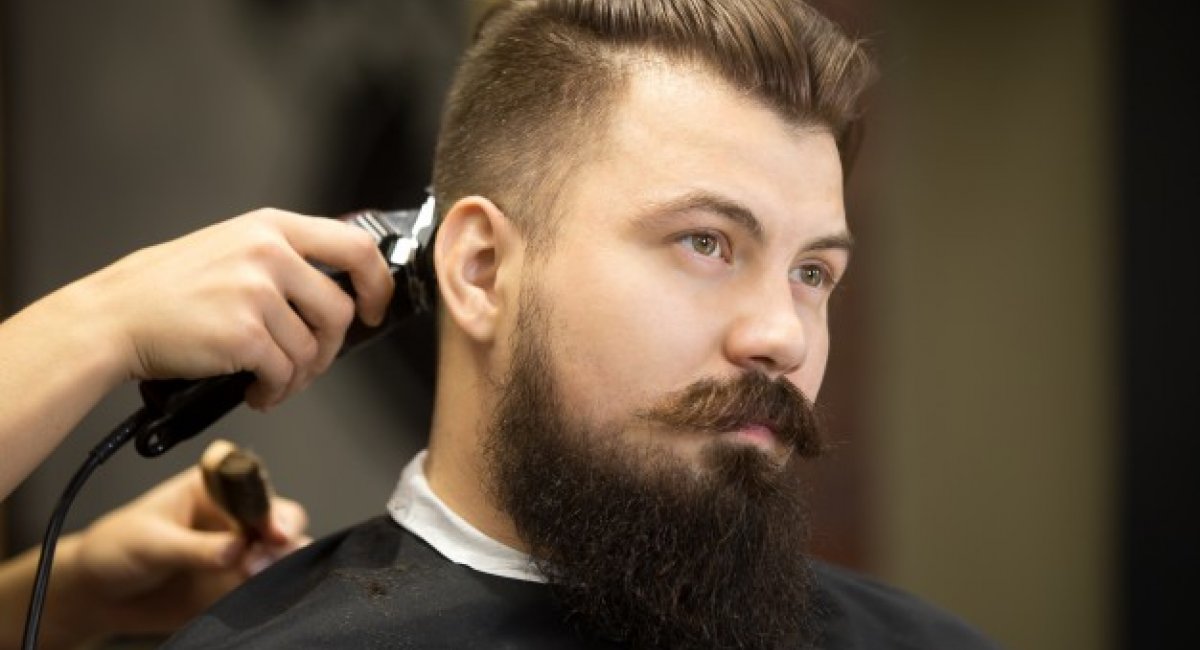
日本語では、主語や目的語が無くても通じる会話も、英語では文法に気をつけずにいると全く違う意味合いになってしまいます。さて、髪の毛を切ったのは誰でしょう?
Take a look at this dialogue:
B: Hey, you are looking good! What’s different?
A: Thanks. I cut my hair.
B: Really? Looks great, but how did you see the back?
A: What do you mean? My hairdresser showed me.
B: ?
Can you see why there is confusion here? Speaker A said he did the action; he cut his own hair. This is obviously not what he meant to say. He should have said;
B: Hey, you are looking good! What’s different?
A: Thanks. I got my hair cut.
B: Looks sharp!
The use of the word ‘got’ makes all the difference. This is known as the ‘passive voice’. It is used when the agent doing the action is unknown or unnecessary to mention.
You can add ‘by my hairdresser to specify who cut your hair, but it is not necessary.
Compare:
My car got fixed = someone fixed it (not me).
I fixed my car = I did it myself, I’m so clever!
Let’s think of a few more situations.
Your teacher corrects your homework...
A: My homework got corrected yesterday and I did better than I thought.
B: Well done, that's great!
Again, you can also add "by my teacher" after the word "corrected" but this is not necessary.
Another example, you are in the bar, holding a drink, and a person bumps into you, the drink spills onto the counter. It was an accident, they apologise and walk away. The bartender asks what happened. You can say, “That person bumped me!” However, most people would simply say, “I got bumped.”
You can say, “That person bumped me!” However, most people would simply say, “I got bumped.”
Note that you can also use 'had' instead of 'got'. The meaning doesn't change, but it does seem slightly more formal.
So next time you get something done, use the pattern you learned here. It’ll really save the listener from a lot of confusion.





